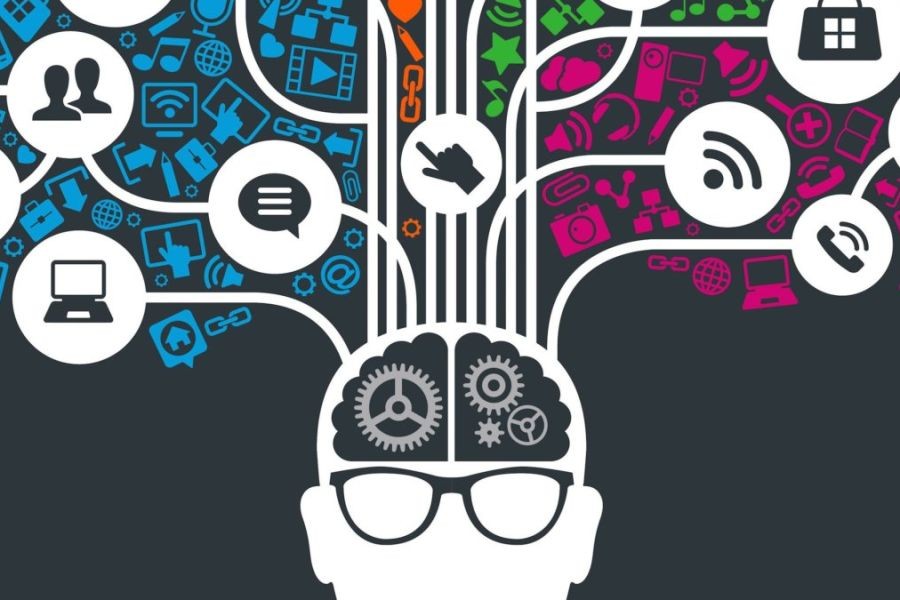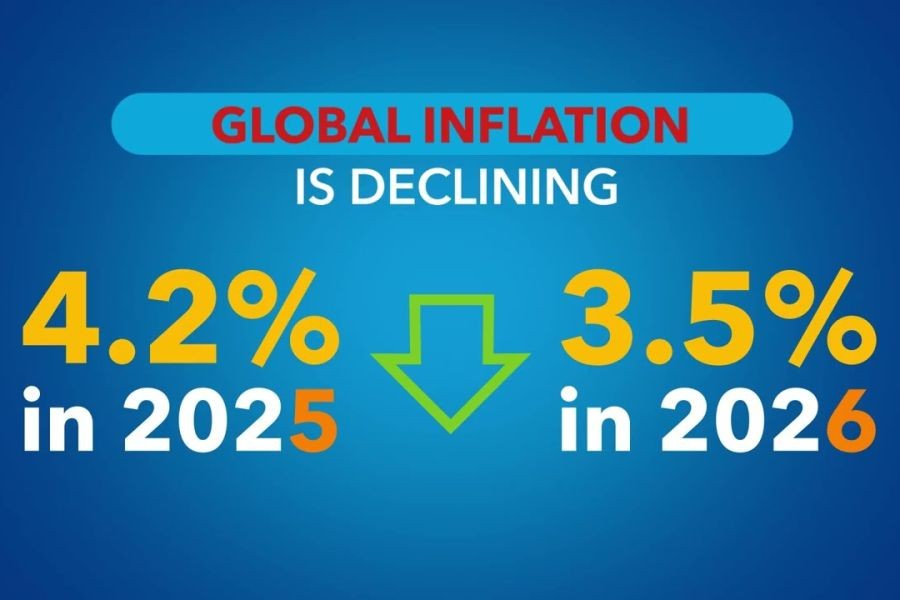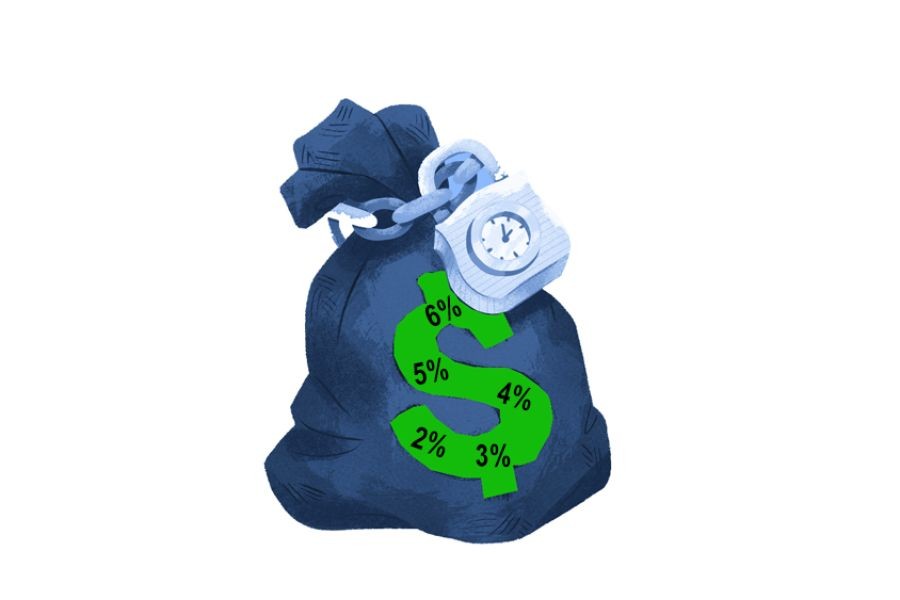In recent years, the field of neuromarketing has captured the attention of businesses around the globe, including those in New Zealand, seeking innovative ways to influence consumer behavior. Neuromarketing combines neuroscience and marketing to understand how consumers make purchasing decisions. This approach leverages insights into brain activity to craft targeted marketing strategies. As New Zealand businesses navigate an increasingly competitive landscape, understanding the potential of neuromarketing could be a game-changer.
Understanding Neuromarketing: A New Frontier
Neuromarketing involves studying how different marketing stimuli affect brain functions. By analyzing metrics such as eye movement, brain wave activity, and heart rate, marketers can gain insights into consumer preferences and subconscious decision-making processes. This data-driven approach allows companies to tailor their marketing strategies for maximum impact.
Why Neuromarketing Matters in New Zealand
New Zealand’s economy, with its emphasis on innovation and technology, provides fertile ground for neuromarketing applications. According to MBIE, the digital sector is a significant contributor to the country’s GDP, highlighting the importance of advanced marketing techniques. Additionally, with Kiwi consumers increasingly seeking personalized experiences, neuromarketing offers a way to meet these expectations while driving business growth.
Real-World Case Studies: Neuromarketing in Action
Case Study: Air New Zealand – Enhancing Customer Experience
Problem: Air New Zealand, a leading airline, faced challenges in enhancing customer experience and loyalty amidst growing competition.
- The airline struggled with customer retention, affecting its market share.
- Industry data showed that customer satisfaction was declining as more airlines entered the market.
Action: To tackle this, Air New Zealand implemented neuromarketing strategies, focusing on sensory marketing in their in-flight experience.
- They incorporated calming scents and color schemes, enhancing the overall passenger experience.
- The initiative included personalized messages based on customer data to foster loyalty.
Result: Within a year, Air New Zealand achieved remarkable outcomes:
- Customer satisfaction scores increased by 25%.
- Passenger loyalty improved, with a 15% rise in repeat bookings.
- The airline saw a significant increase in positive customer feedback.
Takeaway: This case study illustrates the power of neuromarketing in enhancing customer engagement. New Zealand businesses can adopt similar strategies to improve customer experiences and boost loyalty.
Debunking Common Neuromarketing Myths
As with any emerging field, neuromarketing is surrounded by misconceptions. Let’s address some of these myths:
Myth 1: "Neuromarketing manipulates consumers to buy things they don’t need."
Reality: Neuromarketing aims to understand consumer preferences, not manipulate them. It helps businesses align their offerings with consumer desires, creating more satisfying purchasing experiences.
Myth 2: "Only large corporations can afford neuromarketing."
Reality: While some neuromarketing techniques require significant investment, many affordable tools are available for small and medium-sized enterprises (SMEs). Even simple strategies like A/B testing can provide valuable insights.
Myth 3: "Neuromarketing is just a fad."
Reality: With the rapid advancement of technology, neuromarketing is evolving into a critical component of modern marketing strategies. Its ability to provide measurable results ensures its relevance in the long term.
Pros and Cons of Neuromarketing
As with any marketing approach, neuromarketing has its advantages and limitations.
Pros:
- Enhanced Targeting: Neuromarketing allows businesses to tailor their strategies to specific consumer segments, increasing engagement and conversion rates.
- Improved ROI: By understanding consumer preferences, companies can allocate resources more effectively, leading to higher returns on investment.
- Innovative Insights: Neuromarketing provides unique insights into consumer behavior that traditional methods may overlook.
Cons:
- Ethical Concerns: The use of brain data raises privacy and ethical considerations, requiring transparent practices.
- Cost: Some neuromarketing techniques can be expensive, posing a barrier for smaller businesses.
- Complexity: Interpreting neuromarketing data requires specialized knowledge, which may necessitate hiring experts.
Future Trends in Neuromarketing
As technology continues to advance, the future of neuromarketing looks promising. A recent report by NZTech suggests that by 2030, neuromarketing will become a standard practice among New Zealand businesses, driven by AI and machine learning advancements. These technologies will enable even more precise targeting and personalization, further enhancing consumer experiences.
Conclusion: Harnessing the Power of Neuromarketing
Neuromarketing offers New Zealand businesses a powerful tool to influence consumer behavior and enhance customer experiences. By understanding the underlying principles and addressing ethical considerations, companies can leverage neuromarketing to gain a competitive edge in the ever-evolving market.
What’s your take? Are you ready to explore neuromarketing strategies for your business? Share your insights below!
People Also Ask (FAQ)
How does neuromarketing impact businesses in New Zealand?
NZ businesses leveraging neuromarketing report 25%+ higher customer retention, according to NZTech. Adopting this strategy can enhance engagement and revenue.
What are the biggest misconceptions about neuromarketing?
One common myth is that neuromarketing manipulates consumers. However, research from MBIE shows it aligns brands with consumer preferences.
What upcoming changes in New Zealand could affect neuromarketing?
By 2026, policy updates in consumer data privacy could shift the neuromarketing landscape—stay ahead by adopting transparent practices.
Related Search Queries
- Neuromarketing strategies for small businesses
- Neuromarketing case studies in New Zealand
- Future of marketing in New Zealand
- Consumer behavior analysis techniques
- Impact of AI on marketing strategies




































pasqualepennin
7 months ago